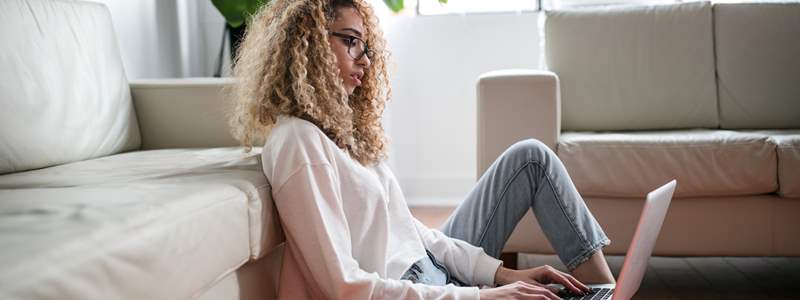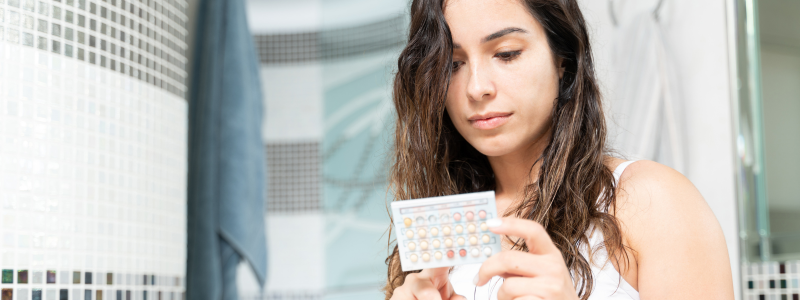It is known that the coronavirus pandemic is affecting people’s physical and mental health. You are not alone if you are feeling some anxiety and stress caused by the dramatic changes to your work-life, home situation, social life and access to medical care. It’s quite normal to experience these thoughts and feelings in such a difficult situation.
Beverley Loftus, one of our Fertility Counsellors suggests these tips to reduce anxiety and stay positive during the COVID-19 pandemic:
Self-care
It’s important to practise self-care if you’re self-isolating and that you take the time to look after yourself. If you’re stuck by yourself, even if you’re confined to one room of your house, you may still be able to do some meditation, yoga or even some basic physical activity while watching an exercise video.
Stay connected with friends, family and neighbours
In our new world of self-isolation and social distancing, we can’t meet up with family and friends like we used to. Keeping connected to them is vital and this might be in new ways using technology. Human contact and connection is really important and can help a lot at this time.
Consider restricting access to news media and social media
Only choose news sources you trust – and avoiding social media channels filled with speculation. Stick to the official government guidance and NHS advice website or limit your access to the news to a certain time of the day.
Keep a routine
Many people are working from home for the first time in their lives, and some will now be juggling a full-time job with new technology and taking care of vulnerable relatives. Keeping a routine can be really important and help to reduce negative thinking and put some control on anxiety.
Try some breathing and relaxation techniques
Sit back or lie down in a comfortable position. Close your eyes if you prefer and place your hands on your stomach so you notice it rising and falling with each inhalation and exhalation.
- Inhale. Breathe in slowly through your nose for 4 seconds.
- Pause. Hold the air in your lungs for 4 seconds.
- Exhale. Breathe out slowly through your mouth for 6 seconds.
- Repeat. Practice, start with 2 minutes and lead up to 5 and then 10 minutes.
Access natural light
Your time outside may be limited but it's still important to get access to natural light as this affects serotonin and melatonin levels which are both important for our mental health. If you can get outside for exercise, sit in a garden, on the balcony or sit near windows with natural light and try to make your home environment as light and airy as possible.
Look after your wellbeing
Make sure you are looking after yourself, doing what you can to help get a good night’s sleep, eating well, relaxing and doing exercise. Giving attention to these basics can help make us more robust against anxiety.
Eating: do you have a reliable way to get the food you like?
Medication: do you have all the medication you need, or a way to get more?
Routine: can you create a routine or timetable for yourself? And if you live with other people, should you create a household schedule? Do you need to agree how the household will run with everyone at home all day?
Exercise: is there any physical activity you can do inside your home, like going up and down the stairs, using bean tins as weights, or exercises you can do in your chair?
Nature: have you thought about how you can bring nature into your home? Can you get some seeds and planting equipment delivered, or put up photos of green spaces?
Entertainment: have you thought about things to do, books to read or TV shows to watch?
Relax: have you got materials so you can do something creative, such as pencils and paper?
Sleeping : have you created a comfortable, quiet place where you can get a good nights sleep?
Ask for support
It’s not a sign of weakness, but strength to reach out and ask for support. Make a list of everyone you know, friends, family, colleagues, neighbours etc. Now tick off the people from this list, who can provide practical, psychological and moral support. Connect with them and try to create a circle of support. You may also consider support from qualified professional counsellors to help you explore and understand what you're feeling.
Counselling support for CREATE patients
We understand that the current situation with Coronavirus (Covid 19) is very stressful and difficult for everyone, especially for an individual or couple who are trying to conceive and planning fertility treatment. If you are one of those patients waiting to hear when your treatment can recommence or start, you may feel anxious and vulnerable about this situation. You may have waited a long time already and have a strong sense of loss and uncertainty about the future. It is a normal response to experience a wide range of emotions and feel a lack of control at this time. We would encourage you to find the appropriate level of support and self-care to meet your immediate needs.
We are currently offering our patients virtual counselling appointments by telephone, skype or facetime to help support you emotionally whilst our clinics are closed. Please contact your clinic to organise these.
We’re working closely with the HFEA and encourage you to keep up to date and review their website at hfea.gov.uk
Other useful sources of information and support are:
- FertilityNetworkUK.org
- British Infertility Counselling Association www.bica.net





